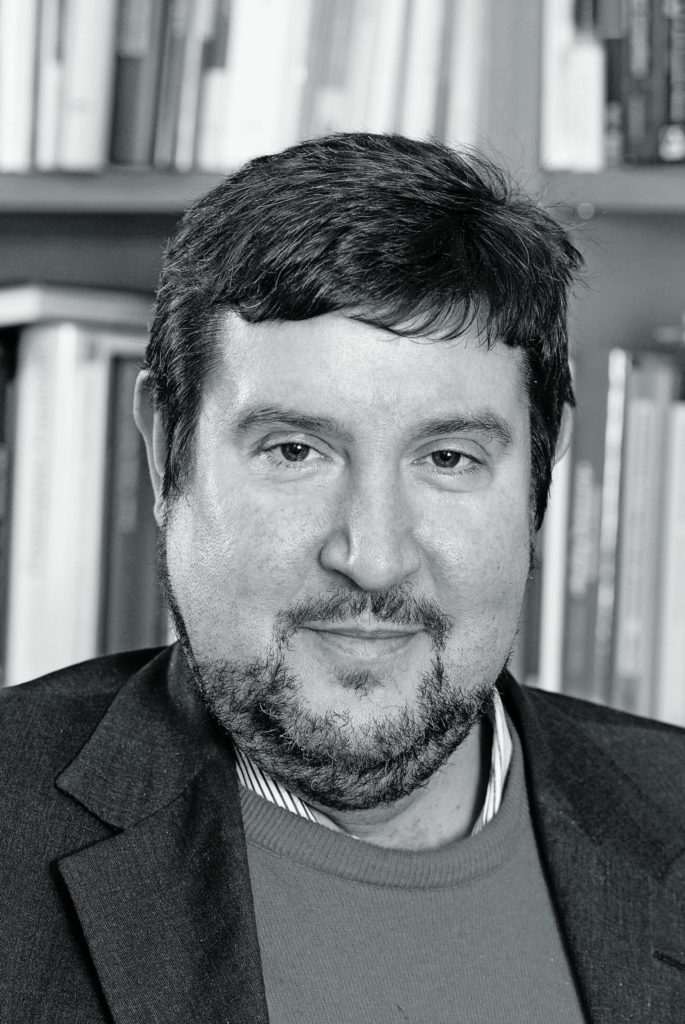5th Nordic Challenges Conference
Nordic Neighbourhoods: Affinity and Distinction in the Baltic Sea Region and Beyond
1 – 3 June, 2022, Södertörn University, Stockholm
We are delighted to announce the launch of the website for the 5th Nordic Challenges Conference, which is organized in collaboration with the Centre for Baltic and East European Studies (CBEES) at Södertörn University as a part of the ReNEW University Hub activities. The conference will take place 1-3 June 2022 at Södertörn University in Stockholm under the title “Nordic Neighbourhoods: Affinity and Distinction in the Baltic Sea Region and Beyond”.
Visit the conference website for more details: 5th Nordic Challenges Conference: Nordic Neighbourhoods: Affinity and Distinction in the Baltic Sea Region and Beyond
The Call for Panels is open and will close on 8 January 2022 – see more details on the website above. The Call for Papers will be open from 1-28 February 2022.
Please spread the word! We look forward to a broad range of topical research themes from all ReNEW partners and other universities and research institutions.


